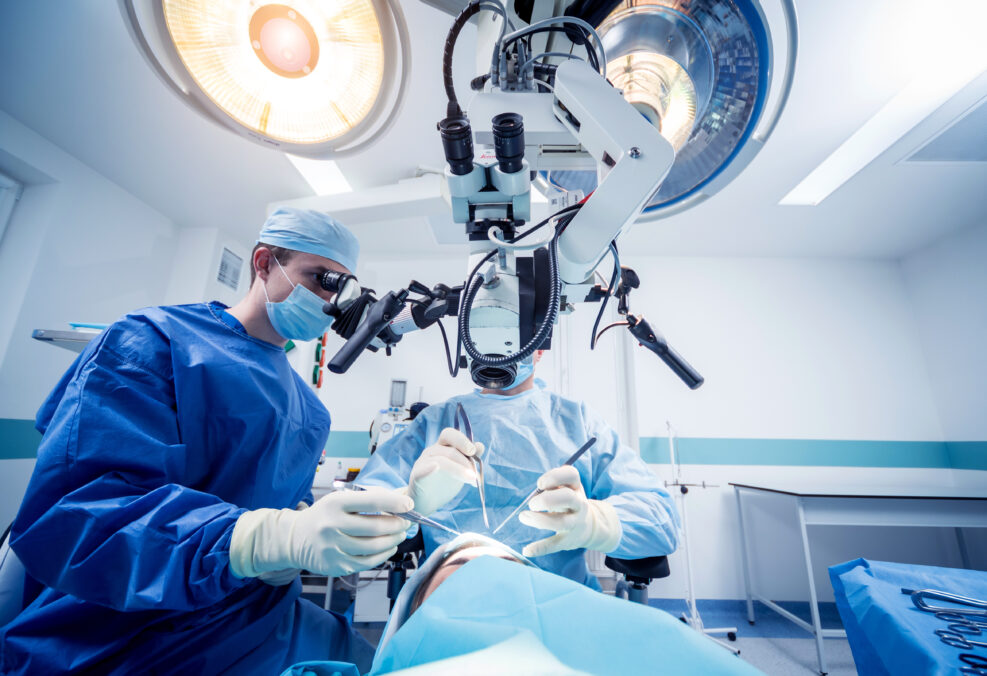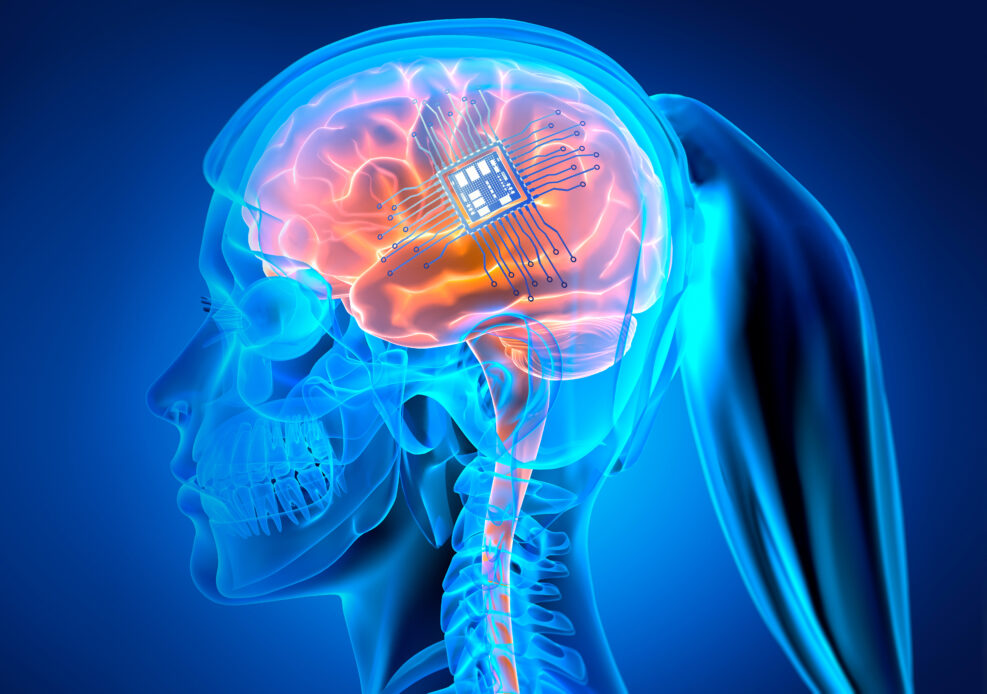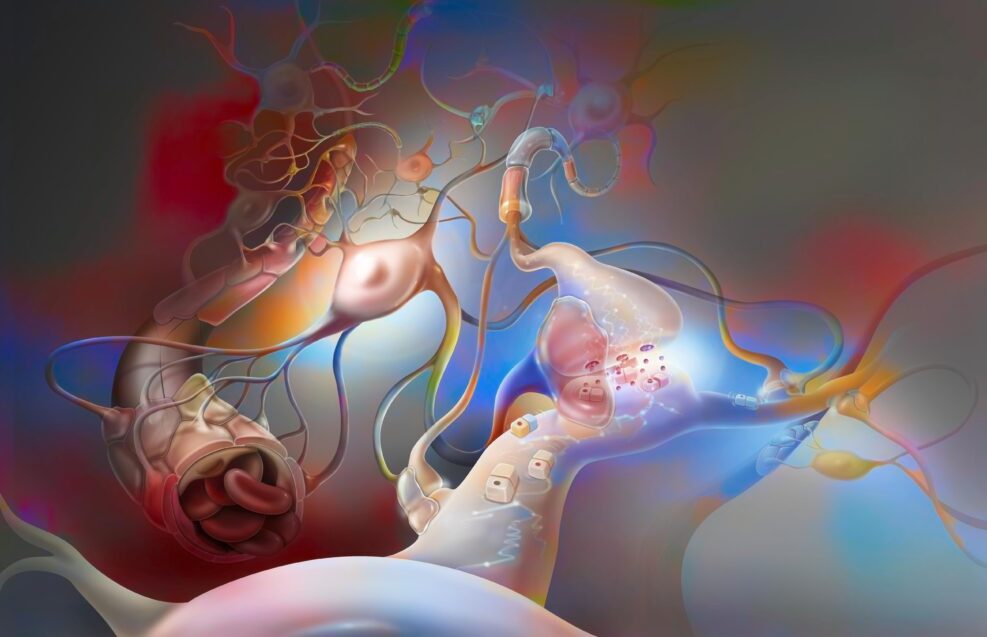
Stem Cells Might Cure HIV?
We must always be cautious about stories touting biotechnological curesWe must always be cautious about stories touting biotechnological cures. There is a lot of hype out there, but this seems genuine. An HIV/blood-cancer patient seems to have gone into permanent remission thanks to adult stem cells. From the Daily Mail story: A California man is on the cusp of being declared cured of HIV and blood cancer. Paul Edmonds, 68, who made international headlines last year when he shared his story, still has no traces of either condition five years after being given a transplant of cells that rid his body of both diseases. In a new article by the medical team who treated him, doctors said he was officially cured of cancer and two years away from being declared cured of HIV — when he will have gone Read More ›


















